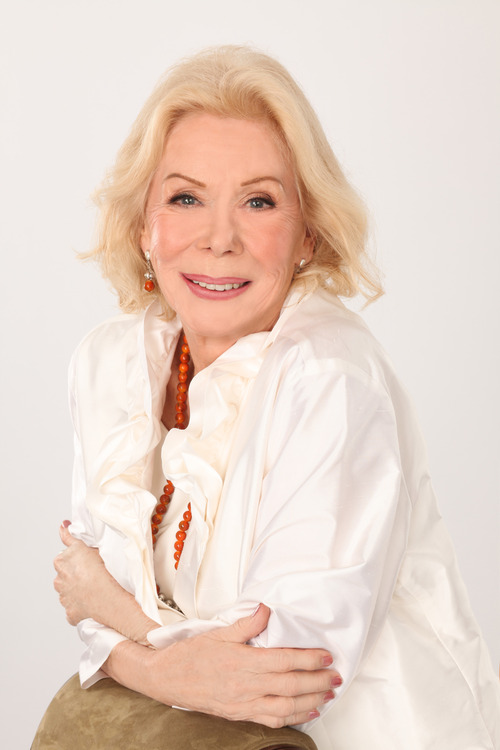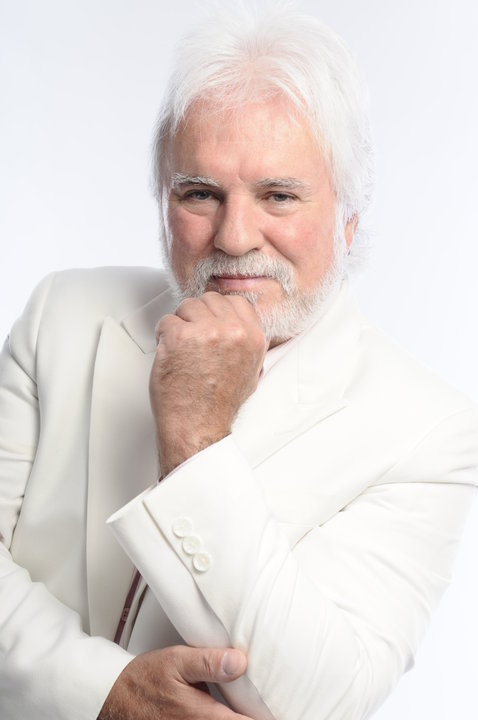What is Louise Hay’s Story?
Louise Hay is widely known as a pioneer in the field of self-help and personal development. Through her teachings and philosophy, she has inspired millions around the globe to embrace the power of positive thinking and self-love. Her story is one of resilience, transformation, and the enduring strength of the human spirit. In examining Louise Hay’s life, we can delve into the early struggles she faced, her rise to prominence as a motivational speaker and author, and the lasting legacy she created through her work.
Early Life and Challenges
Louise Lynn Hay was born on October 8, 1926, in Los Angeles, California. Raised in a poor environment marked by hardship and familial strife, her early years were fraught with challenges. Her father was an alcoholic, and her mother struggled with mental health issues, which resulted in a tumultuous home life. Louise faced additional adversity; at the age of five, she was sexually abused by a family friend. This traumatic experience left a lasting imprint on her psyche, causing her to feel invalidated and unworthy throughout her childhood and adolescence.
At the age of 15, Louise became pregnant and had to give her child up for adoption. This was yet another significant and painful event in her life, leading her to leave home and seek independence. She took on various jobs during this time, including working as a waitress and a fashion model, while trying to support herself emotionally and financially.
The Journey to Self-Discovery
Despite the hardships she experienced, Louise began to search for healing and personal growth. In the 1950s, she discovered the teachings of the great thinkers and philosophers of her time. She became involved in the New Thought movement, which emphasizes the idea that our thoughts create our realities. This philosophical approach was revolutionary for her, laying the groundwork for her future endeavors.
In the late 1970s, Louise began to study various therapies, including psychology and holistic medicine. She was particularly interested in the connection between the mind and body, and how emotional and mental states could impact physical health. This led her to develop her own healing techniques, focusing on self-love and affirmations—an area in which she would later become a recognized authority.
Louise discovered that by changing the way we think about ourselves and our experiences, we could change our reality. Through her exploration of inner healing and self-acceptance, she transformed her life profoundly, moving from a place of pain and self-doubt to one of empowerment and fulfillment.

The Birth of a Movement
In 1984, Louise Hay published her first book, “You Can Heal Your Life.” This groundbreaking work combined her personal anecdotes, insights from her own journey, and practical exercises based on positive affirmations that aimed to foster a deeper understanding of the connection between thoughts, feelings, and health. “You Can Heal Your Life” not only became a bestseller but also laid the foundation for the self-help movement of the late 20th century.
The book spoke to many readers, resonating deeply with those who were grappling with their own thoughts of inadequacy, fear, or illness. Through affirmations such as “I am worthy of love” and “I deserve the best,” Louise encouraged individuals to reprogram their subconscious thinking. Her revolutionary approach highlighted the importance of self-care and helped to shift the narrative around personal health and well-being.
Expanding the Impact
As her popularity grew, so did the reach of her teachings. Louise founded Hay House, a successful publishing company that allowed her to share other authors’ works that aligned with her philosophies. The company became a platform for empowering voices in the self-help community, fostering a culture of healing and self-acceptance.
Louise Hay began giving talks and workshops, establishing herself as a sought-after speaker. Her energy and authenticity inspired thousands to join her in exploring the potential of self-love and personal growth. She created guided meditations, tapes, and later, digital content, further amplifying her message.
Throughout her career, Louise was dedicated to proving that healing was not just a physical exercise but a holistic one that included mental and spiritual dimensions. She frequently illustrated her beliefs with anecdotes of her own life, effectively demonstrating her teachings in action.

Legacy and Influence
Louise Hay remained active in the self-help industry for several decades, continually producing new works and making appearances at events. Even into her later years, she embodied the principles she preached—focusing on positivity, love, and acceptance.
Louise’s influence extended beyond her own works. Many contemporary self-help authors and speakers cite her as an inspiration, and her ideas have permeated various domains, from psychotherapy to wellness retreats. The affirmation practices she championed are now commonplace and are taught in various workshops, courses, and schools.
In 2017, at the age of 90, Louise Hay passed away, leaving behind a remarkable legacy. However, her teachings continue to live on through her books, her work with Hay House, and the countless lives she has touched. Louise’s story is not only one of personal triumph but also one that emphasizes the power of healing through love and acceptance.
Conclusion
Louise Hay’s journey illustrates the transformative power of self-love and positive thinking. Despite enduring significant trauma and hardship, her quest for healing led her to discover and share profound truths that have impacted the world. Her legacy as a teacher, author, and speaker serves as a reminder that we can redefine our stories through the embrace of love and healing. By tapping into our inner power, we can embark on our own paths to healing—one affirmation at a time.

Grant Edward Rayner